Prime Minister Pham Minh Chinh and Malaysian Prime Minister Anwar Ibrahim during a meeting in Kuala Lumpur on May 25 - Photo: AFP
Mr. Collins Chong Yew Keat highly appreciated Vietnam's pioneering and pivotal role in key issues such as security, economy , and regional connectivity.
* 2025 marks the 30th anniversary of Vietnam joining ASEAN. How do you evaluate Vietnam's contributions to the region over the past three decades?
- Over the past 30 years, Vietnam has emerged as a strong driving force in most key areas. Vietnam has made significant contributions to ASEAN’s agenda and common goals, ensuring that the region can develop with the joint efforts of all member states.
Economically, Vietnam is rapidly becoming one of the main "backbones" of ASEAN. Vietnam is at the forefront of new areas such as food security, energy transition, digital economy, and artificial intelligence. These efforts by Vietnam have contributed to narrowing the development gap within ASEAN.
Vietnam also contributes greatly to maintaining the spirit of ASEAN integration , providing necessary human resources and talents and ensuring regional peace and stability. Vietnam's influence through its "bamboo" diplomacy and "4 no's" policy is completely consistent with ASEAN's philosophy of taking dialogue and diplomacy as its first line of defense.
Looking to 2045, Vietnam is expected to continue to play this pivotal role in the ASEAN Community Vision 2045. Together with other member states, I believe that ASEAN will continue to rely on each other to make the most of each country's strengths and capabilities, contributing to upholding ASEAN's values and goals in the future.
* Can you analyze the strengths that Vietnam needs to promote, as well as the challenges that need to be overcome to move towards the 2045 vision?
- Vietnam has a very strategic foreign policy approach through bamboo diplomacy and ensuring peace and stability through dialogue. ASEAN really needs that approach. Vietnam also contributes to solving non-traditional challenges such as climate change, transnational crime, and is a pioneer in the fields of digital economy, marine economy, and energy transition.
The construction of the power grid connecting Vietnam with Malaysia and Singapore is a typical example. This is one of the key areas where we can benefit together.
In particular, the process of modernizing and developing strong transport infrastructure has helped Vietnam not only improve domestic connectivity but also connect with ASEAN countries. Vietnam's role in connecting mainland Southeast Asia with island Southeast Asia is very broad and comprehensive.
We also need to remember that Vietnam has great potential in terms of labor force, especially with its young population. This will continue to be a major driving force for growth for both Vietnam and ASEAN. ASEAN will increasingly rely on Vietnam's young, well-educated workforce. This force will become the main "backbone" for ASEAN's development process in many pillar areas.
In particular, Vietnam has been at the forefront of strong economic transformation in the past 20-30 years. This can be a model for ASEAN to learn from, especially in areas such as digital transformation and population strategy to bring common benefits to the region.
Mr. Collins Chong Yew Keat
* Not only Vietnam but also many other ASEAN countries such as Indonesia aim to become developed countries in the next 20 years. To realize this goal, which areas of cooperation should Vietnam and ASEAN countries prioritize?
- The first thing is to deepen cooperation in trade, enhance economic capacity and focus on future fields such as artificial intelligence, digital economy, and maritime economy, especially when most ASEAN countries have large maritime areas.
At the same time, we need to build resilience and sustainable progress in areas that are not only relevant to ASEAN but also global, such as climate change, food security, and energy transition.
In particular, ASEAN needs to move away from its dependence on low-wage, low-skilled industries to a high-tech, high-skilled economy. In addition, it is necessary to proactively build a self-reliant economic foundation, promote intra-regional demand, and reduce the ability to withstand the impact of global fluctuations.
Besides, ASEAN countries need to strengthen defense cooperation and have a stronger voice to maintain regional peace and stability, protect order based on rules, especially international law and the law of the sea.
Malaysia attaches special importance to Vietnam
On the afternoon of May 28, Prime Minister Pham Minh Chinh and his wife left Kuala Lumpur to return home, successfully concluding their official visit to Malaysia, attending the 46th ASEAN Summit and related conferences.
Deputy Prime Minister and Minister of Foreign Affairs Bui Thanh Son said the Malaysian Government welcomed the Prime Minister with the highest ceremony, demonstrating special respect for Vietnam - Malaysia's only comprehensive strategic partner in ASEAN.
During the visit, the Prime Minister had substantive discussions with Malaysian leaders, including agreeing to establish an annual exchange mechanism between the two Prime Ministers, striving to bring bilateral trade turnover to 20 billion USD by 2030.
The Vietnamese delegation led by Prime Minister Pham Minh Chinh made many breakthrough proposals at the ASEAN Summit and related conferences. The Prime Minister's "5 more" message is a comprehensive basis for ASEAN to strengthen its collective strength, master the game, and ensure inclusive development.
The Prime Minister proposed promoting substantive relations, soon signing the ASEAN - Gulf Cooperation Council (GCC) Free Trade Agreement (FTA), and considering the possibility of building an ASEAN - GCC - China FTA.
On this occasion, the Prime Minister met with senior leaders of many countries.
Tuoitre.vn
Source: https://tuoitre.vn/chuyen-gia-malaysia-viet-nam-dong-gop-lon-cho-asean-20250528233905961.htm#content-1



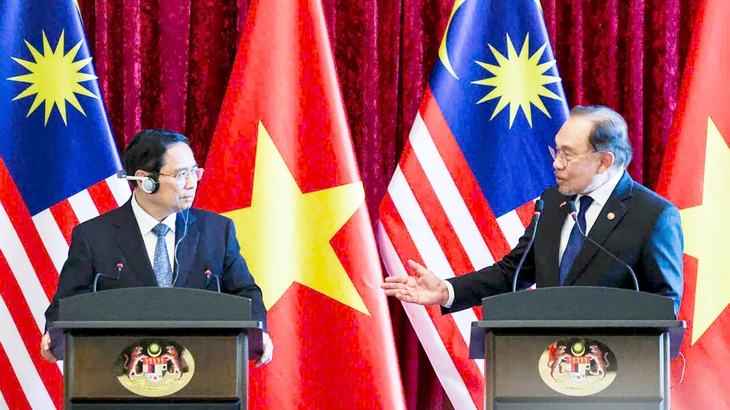

![[Photo] Prime Minister Pham Minh Chinh chairs the thematic meeting on law making in August 2025](https://vphoto.vietnam.vn/thumb/1200x675/vietnam/resource/IMAGE/2025/9/4/ba42763cd48e4d7cba3481640b5ae367)

![[Photo] Politburo works with the Standing Committee of the Party Committee of the Fatherland Front and Central organizations](https://vphoto.vietnam.vn/thumb/1200x675/vietnam/resource/IMAGE/2025/9/4/6f23e5c0f576484bb02b3aad08f9d26a)

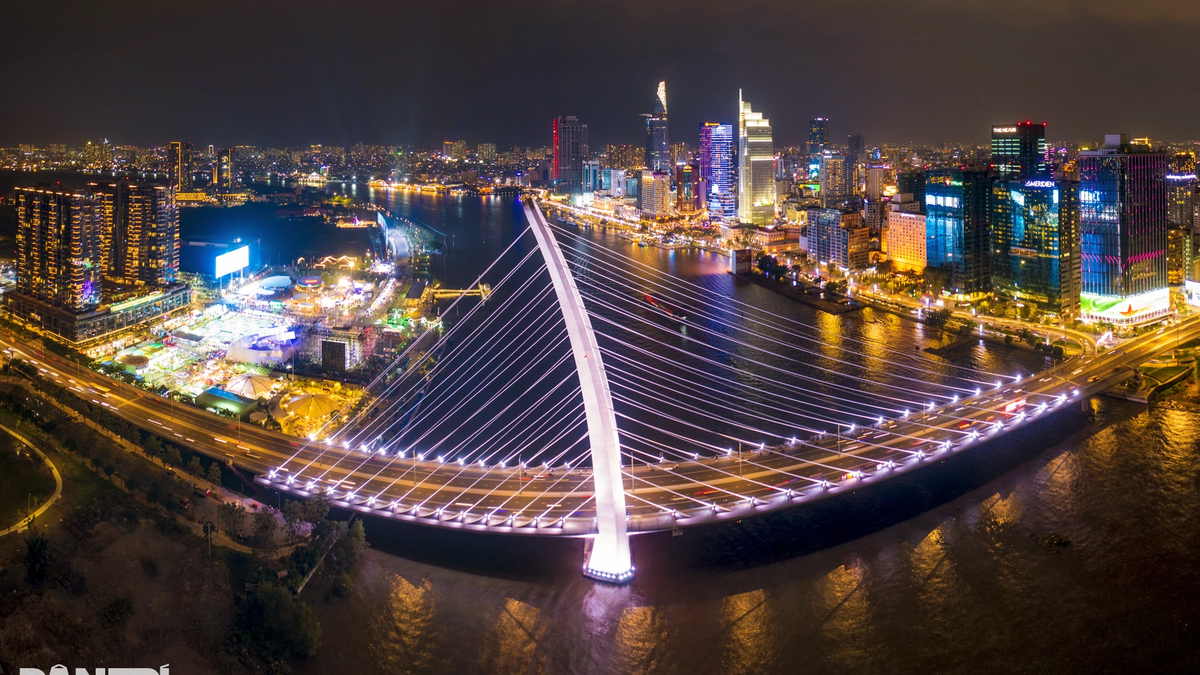

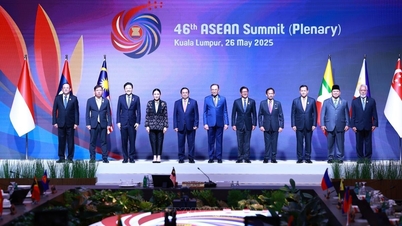

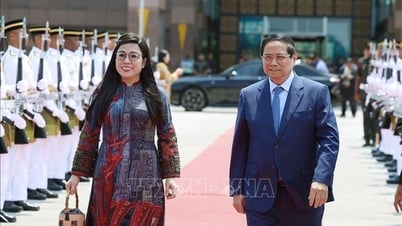


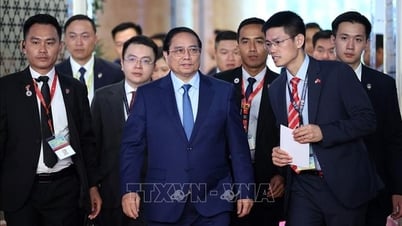
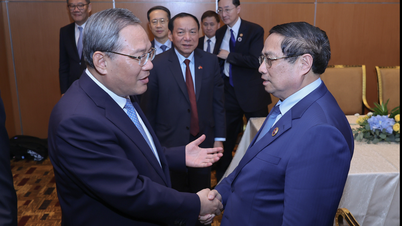

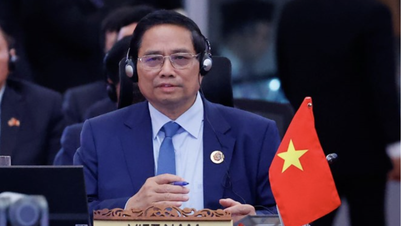

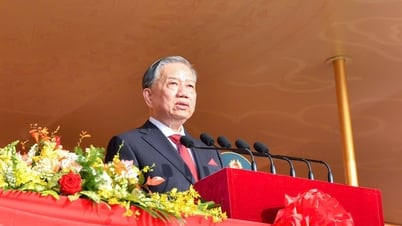




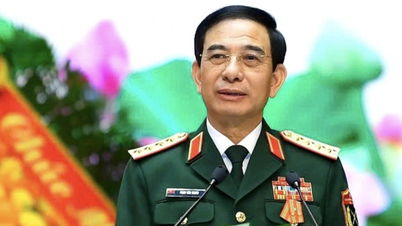
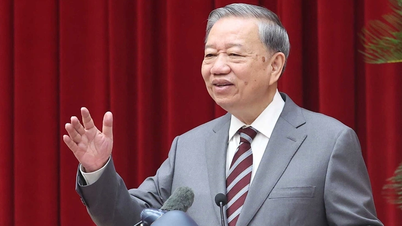


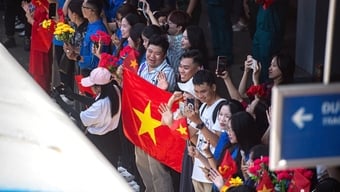
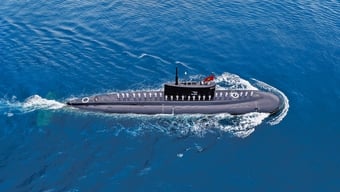
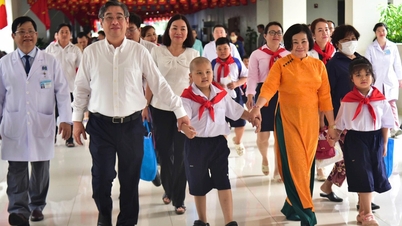
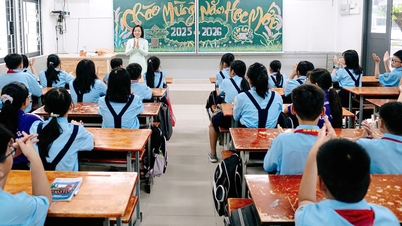

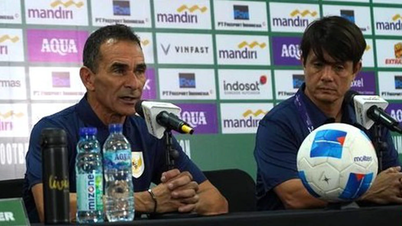

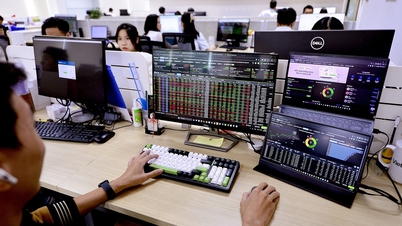





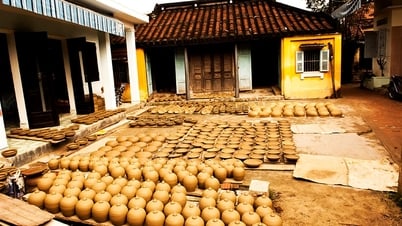












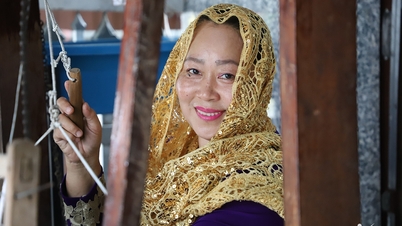
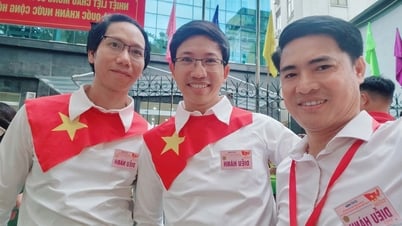





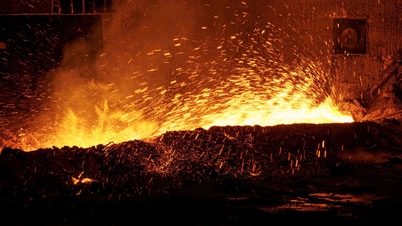


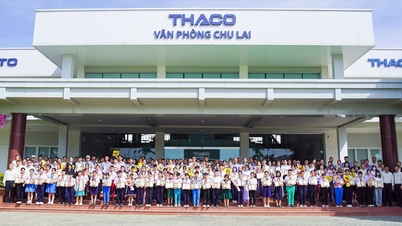




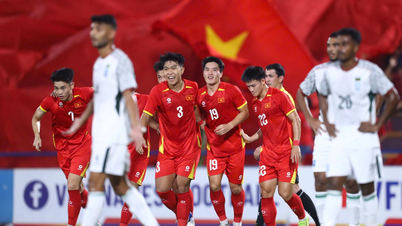
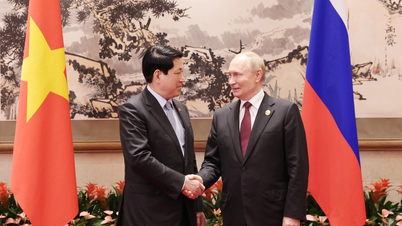
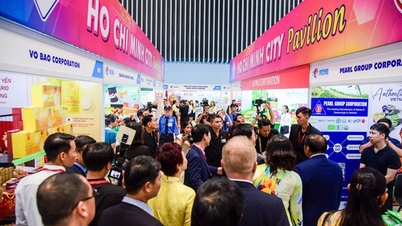

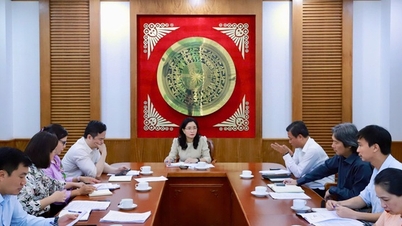




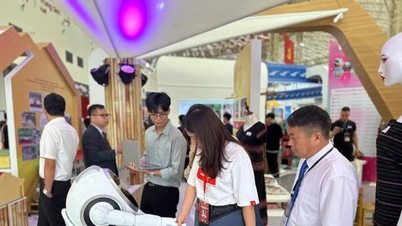
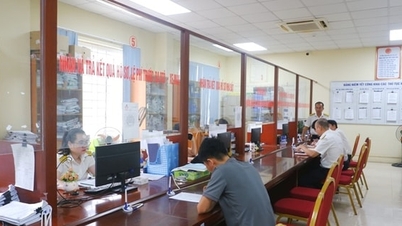









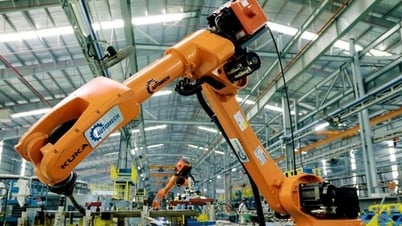

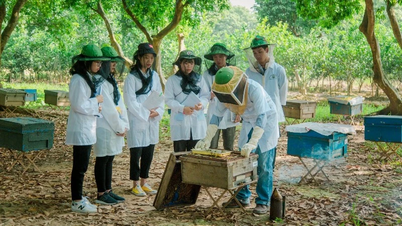


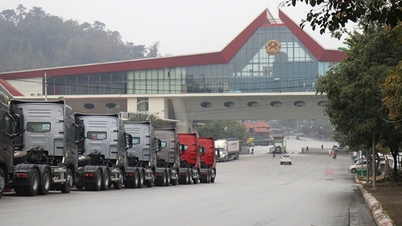





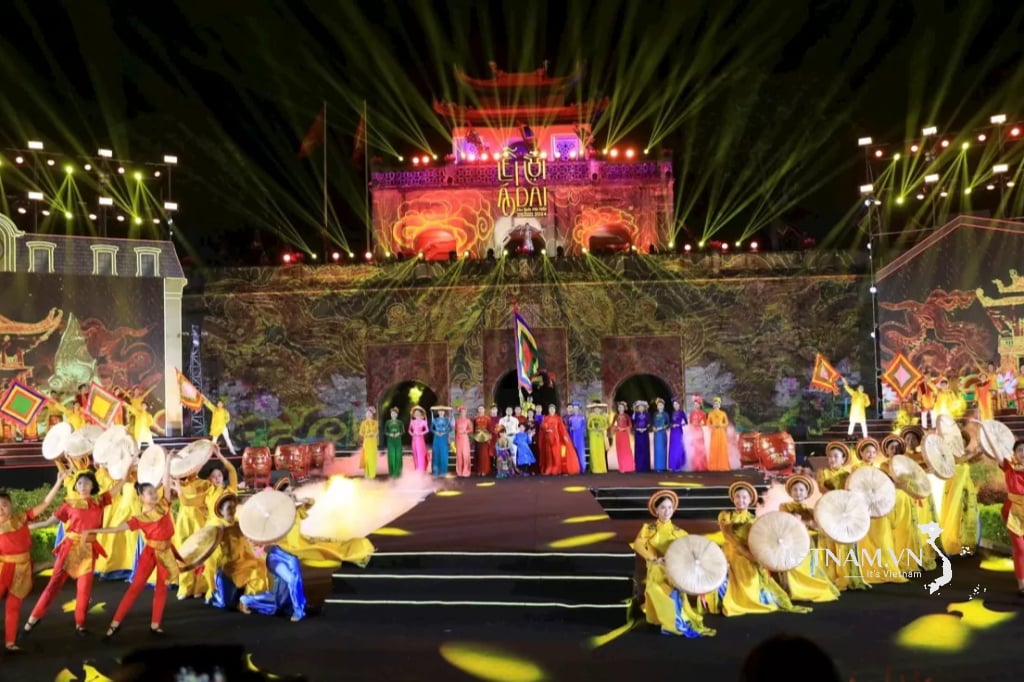


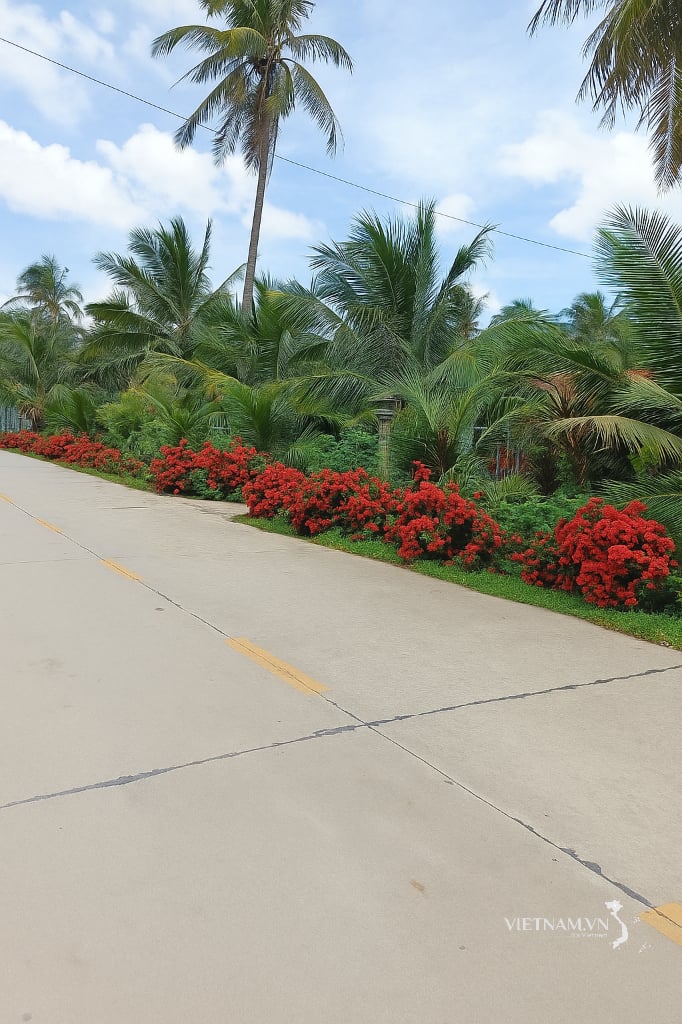
Comment (0)